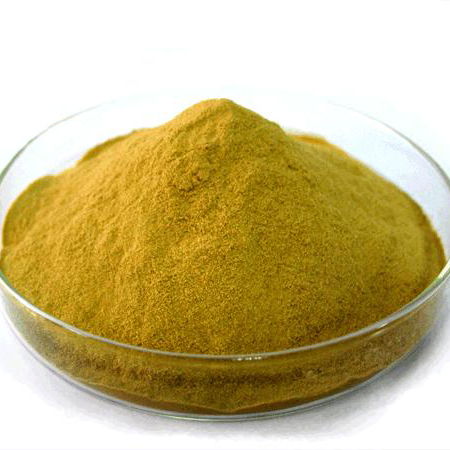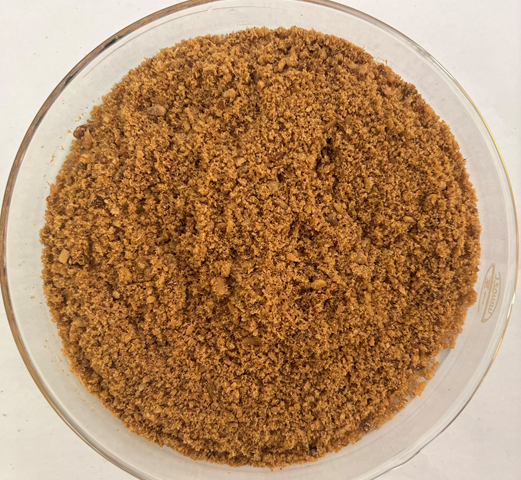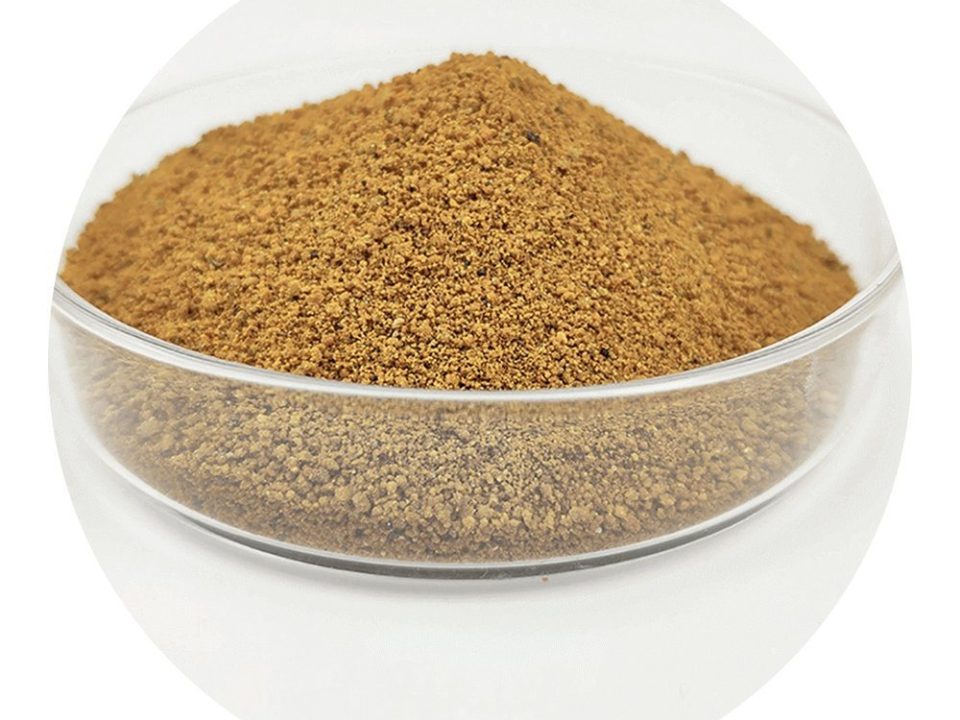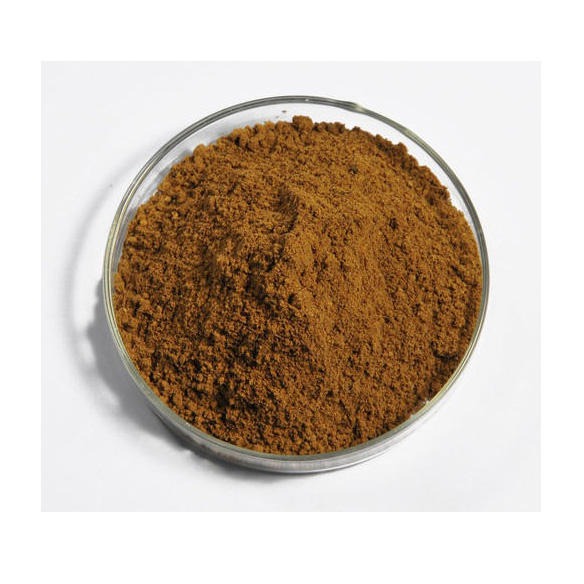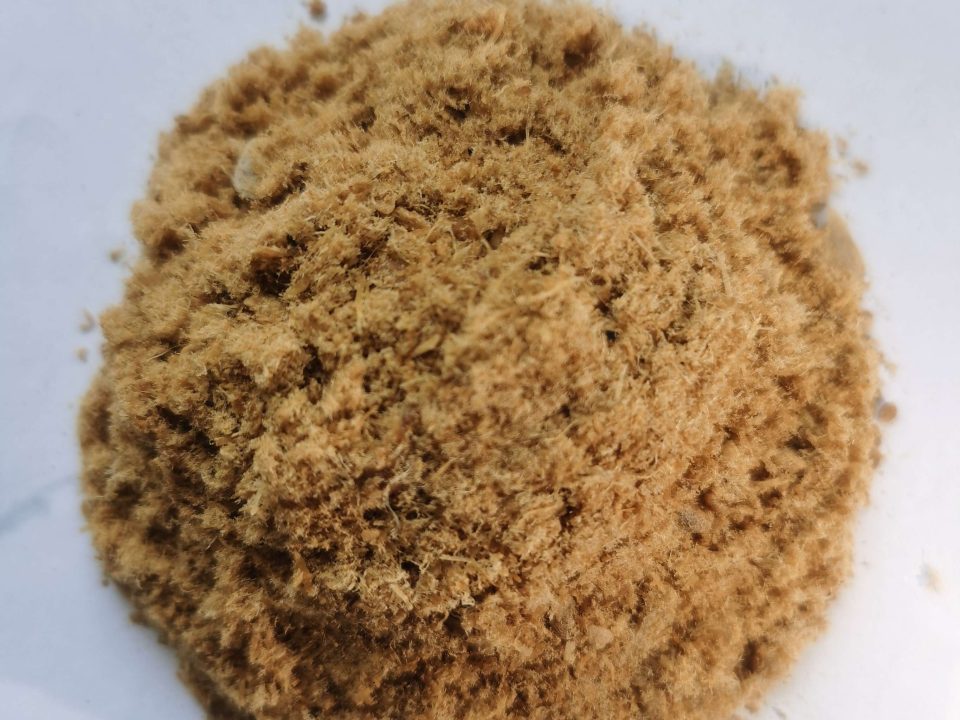How Do Feed Additives Promote Growth in Animals?

Why is Chicken Meal Used in Dog Food ?
December 14, 2024
2024 Animal Feed Additives Market Overview and Forecast
December 26, 2024Feed additives promote growth in animals by enhancing their overall nutrition, improving digestion, and optimizing feed utilization. Here’s a detailed explanation of how feed additives contribute to animal growth:
1. Enhancing Nutrient Absorption
Feed additives such as enzymes and probiotics play a critical role in breaking down complex nutrients into simpler, more digestible forms. This ensures that animals can absorb essential nutrients like proteins, fats, and carbohydrates more efficiently, which supports rapid growth.
- Example: Enzymes like phytase release bound phosphorus in plant-based feeds, making it available for bone growth and energy metabolism.
2. Improving Digestive Efficiency
Additives such as probiotics and prebiotics improve gut health by promoting a balanced microbiome. A healthy digestive system ensures better nutrient absorption and reduces the risk of digestive disorders that can hinder growth.
- Probiotics: Introduce beneficial bacteria like Lactobacillus and Bifidobacterium to the gut.
- Prebiotics: Provide food for these beneficial bacteria, enhancing their activity and maintaining gut health.
3. Boosting Feed Conversion Efficiency
Feed additives improve the feed conversion ratio (FCR), meaning animals produce more weight gain per unit of feed consumed. This is especially important for livestock like poultry and swine, where growth efficiency directly affects profitability.
- Additives like growth promoters and enzymes increase the metabolic efficiency of feed, ensuring animals gain weight faster without consuming excess feed.
4. Supporting Immune Function
Additives such as vitamins, minerals, and immune boosters help animals develop a stronger immune system. Healthy animals experience fewer illnesses, which allows their energy to focus on growth rather than fighting diseases.
- Vitamins (A, D, E): Enhance immunity and bone development.
- Minerals (zinc, selenium): Improve overall health and reduce oxidative stress.
5. Stimulating Hormonal Growth
Some feed additives act as natural or synthetic growth promoters by influencing hormonal activity in animals. These additives accelerate muscle development and enhance overall body mass.
- Example: Beta-agonists like ractopamine are used to promote lean muscle growth in swine and cattle.
6. Reducing Pathogens and Toxins
Additives like antimicrobial agents and mycotoxin binders reduce the presence of harmful pathogens and toxins in feed. This minimizes the risk of infections and ensures that animals can grow without interruptions caused by illnesses.
- Mycotoxin binders: Prevent the harmful effects of fungal toxins present in feed.
- Organic acids: Reduce harmful bacteria like E. coli and Salmonella in the gut.
7. Enhancing Energy Supply
Energy supplements like fats, oils, and carbohydrates are feed additives that provide high-energy feed to meet the metabolic demands of growing animals. These additives are especially beneficial for high-producing livestock like broiler chickens and dairy cattle.
- Fats and oils: Offer a concentrated energy source.
- Carbohydrates: Provide quick-release energy for active growth stages.
8. Encouraging Appetite and Feed Intake
Sensory feed additives such as flavor enhancers and sweeteners improve the palatability of feed, encouraging animals to consume more. Increased feed intake directly correlates with better growth rates.
- Flavors: Make feed more appealing to animals.
- Sweeteners: Mask the bitterness of certain ingredients, ensuring better consumption.
9. Promoting Lean Muscle Growth
Certain additives like amino acids and protein supplements support the synthesis of lean muscle tissue, which is crucial for growth.
- Lysine and Methionine: Essential amino acids for building proteins in animals.
- Bypass proteins (for ruminants): Provide undegraded proteins to improve muscle development.
10. Reducing Stress and Enhancing Recovery
Stress during transportation, weaning, or environmental changes can negatively impact growth. Feed additives like adaptogens, electrolytes, and antioxidants help reduce stress and support recovery, enabling animals to maintain consistent growth rates.
- Electrolytes: Prevent dehydration and maintain energy levels during stress.
- Antioxidants: Protect cells from oxidative damage caused by stress.
Table: Feed Additives That Promote Growth
| Feed Additive | Role in Growth |
|---|---|
| Probiotics | Improve gut health and nutrient absorption. |
| Enzymes (e.g., phytase) | Break down complex nutrients, improving digestibility. |
| Vitamins and Minerals | Support immunity, bone development, and overall health. |
| Amino Acids (e.g., lysine) | Aid in muscle protein synthesis. |
| Flavor Enhancers | Improve feed palatability, increasing intake. |
| Mycotoxin Binders | Prevent toxic effects of molds in feed. |
| Beta-Agonists | Promote lean muscle growth. |
| Organic Acids | Reduce harmful pathogens in the digestive system. |
Conclusion
Feed additives promote animal growth by enhancing digestion, improving nutrient utilization, boosting immunity, and reducing stress and disease risks. These additives are crucial for achieving efficient, sustainable livestock production while ensuring high-quality animal products.


